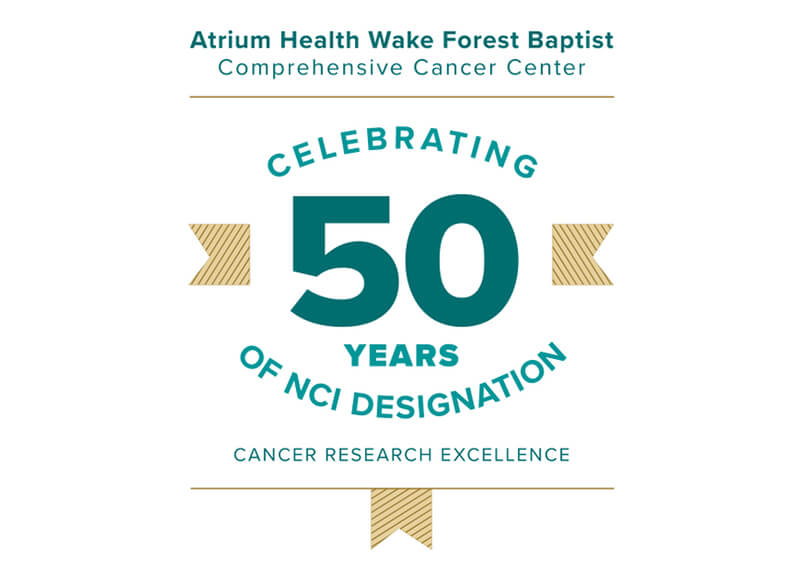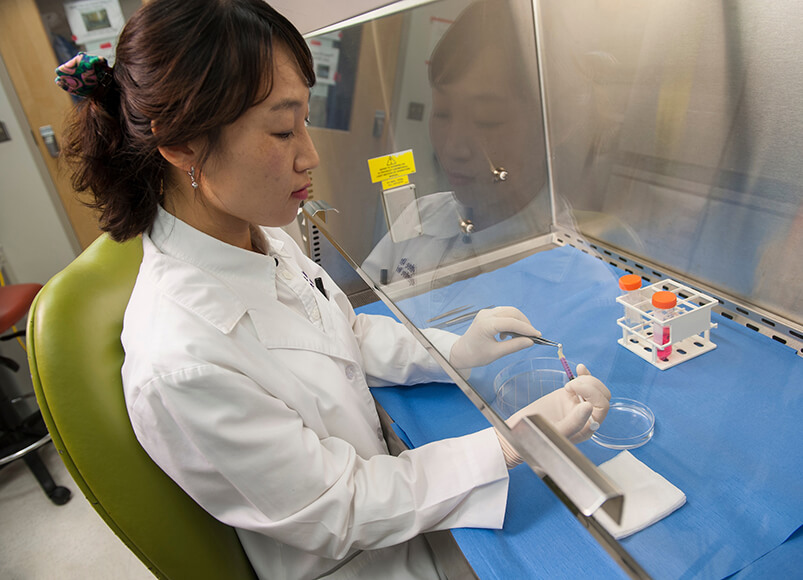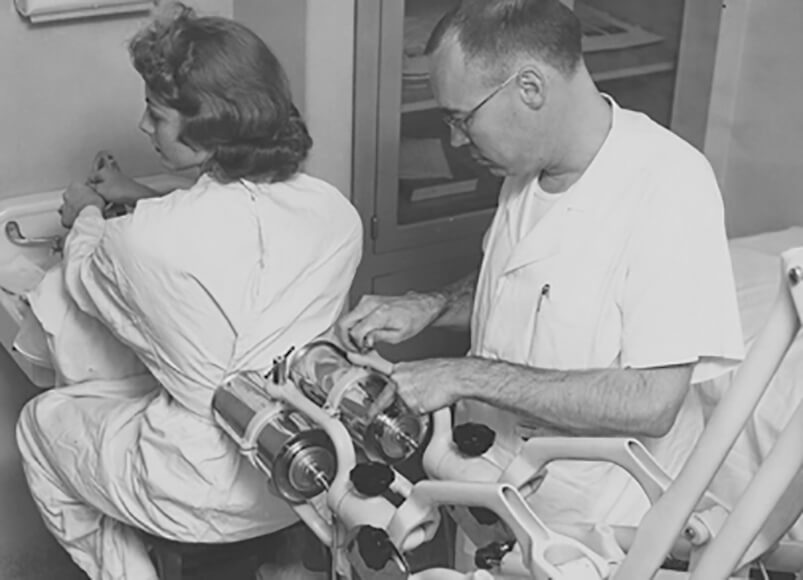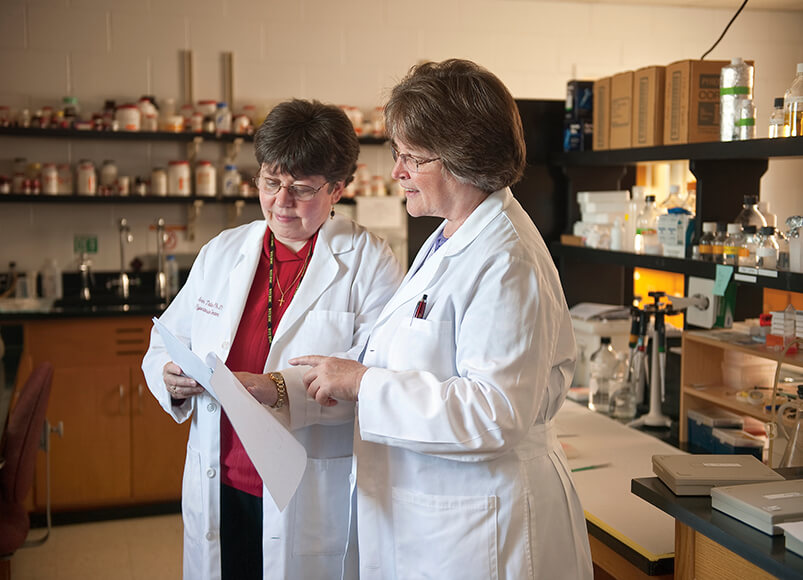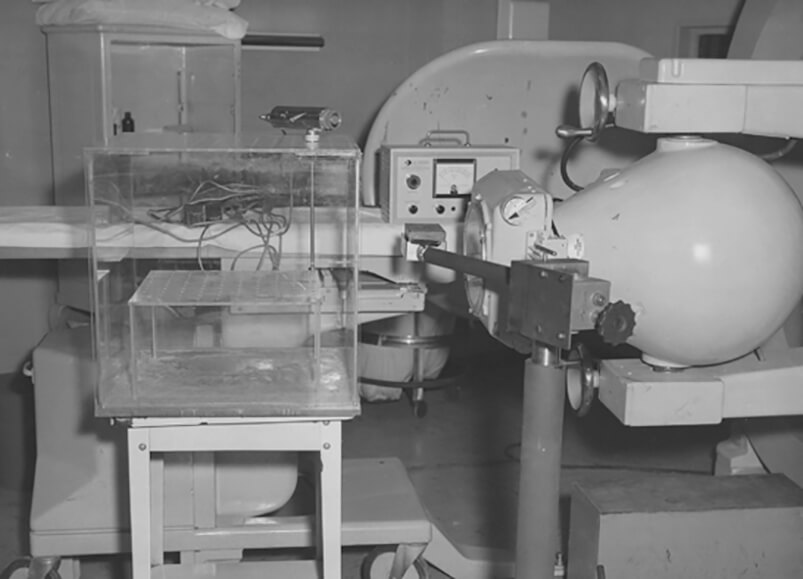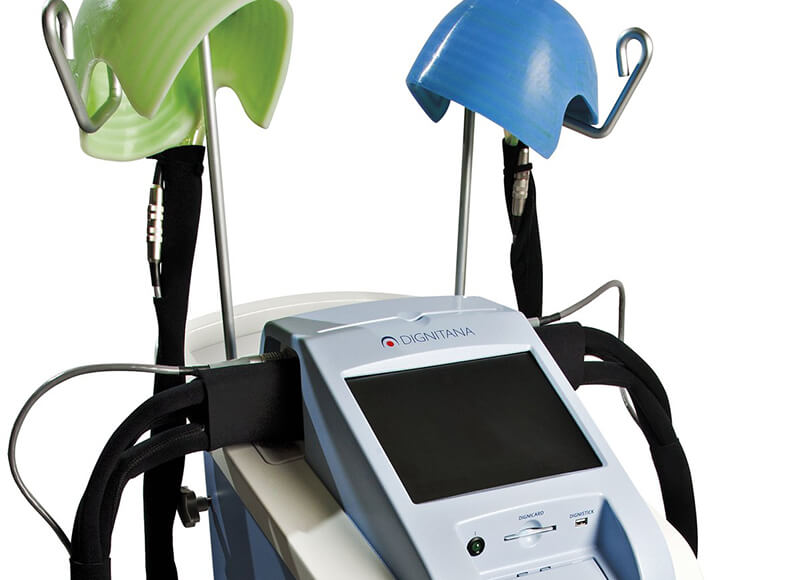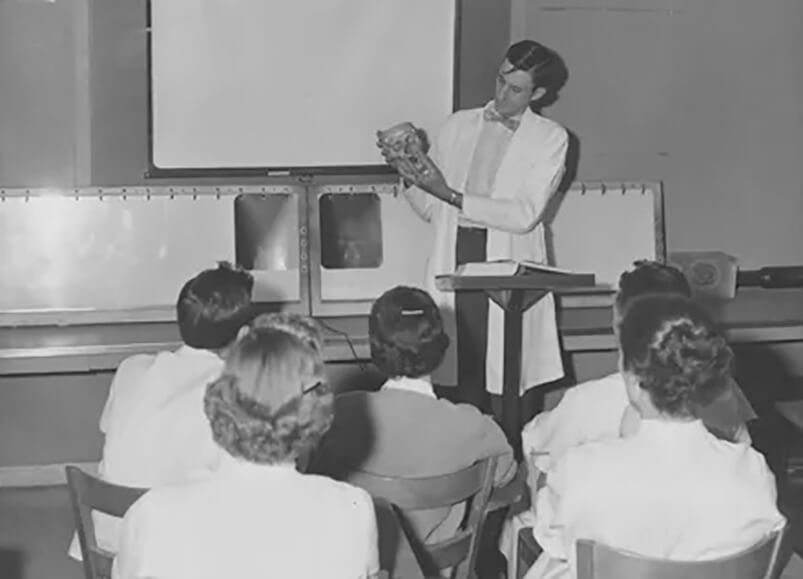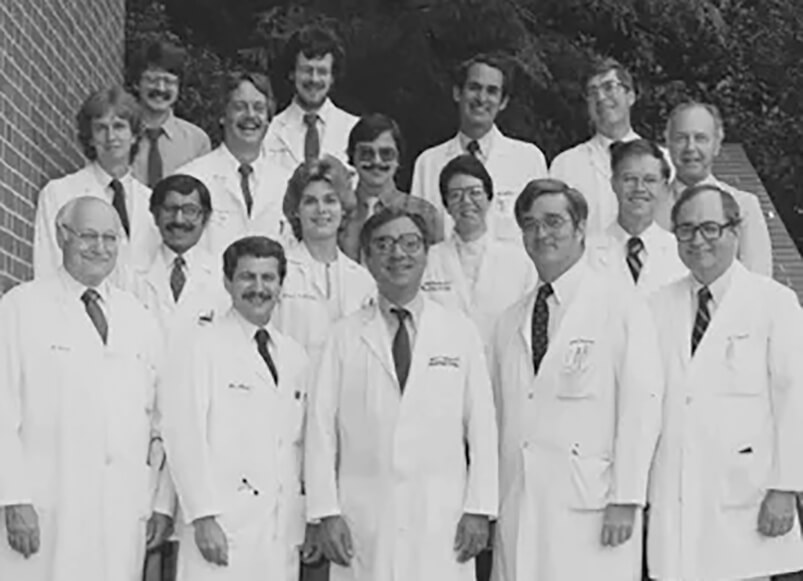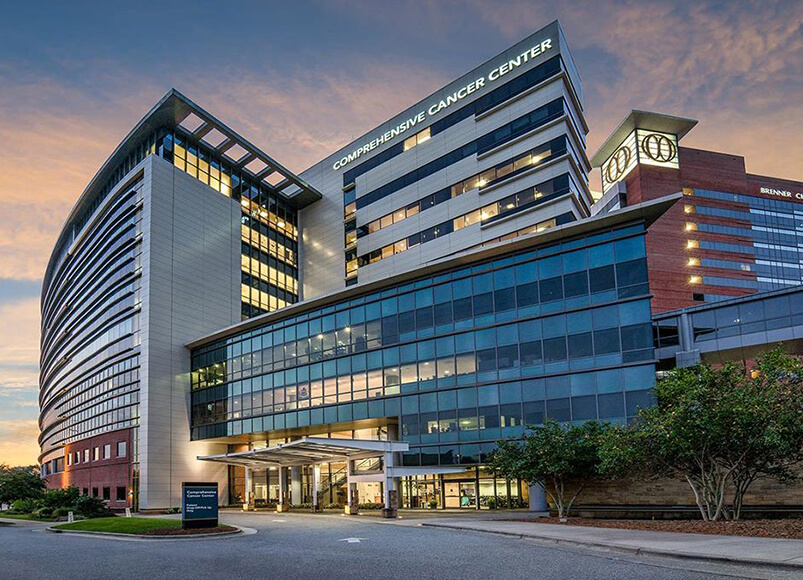2024 marks Atrium Health Wake Forest Baptist Comprehensive Cancer Center’s 50th year of National Cancer Institute designation. It achieved designation as a Cancer Center in 1974 and then became one of the first designated Comprehensive Cancer Centers in the nation in 1990.
“This is such an important milestone,” says Ruben Mesa, MD, FACP, executive director of Atrium Health Wake Forest Baptist Comprehensive Cancer Center and president of Atrium Health Levine Cancer. “I think about the 50 years of impact that this center has had on decreasing the burden of cancer, not only in this community but also around the world.”
But what does it mean to be an NCI-designated Cancer Center? What makes one a Comprehensive Cancer Center? And most importantly, what difference does this make for patients?













